Meet the team!
The ExpROVer project is done with by the Interwater Explorers, under the orientation of professors Nuno Lau, Francisco Curado and Paulo Lopes, and under the supervision of professors José Maria Fernandes and Rui Aguiar, for PEI, a 3rd year class for the MIECT course of University of Aveiro.
The Interwater Explorers' team:

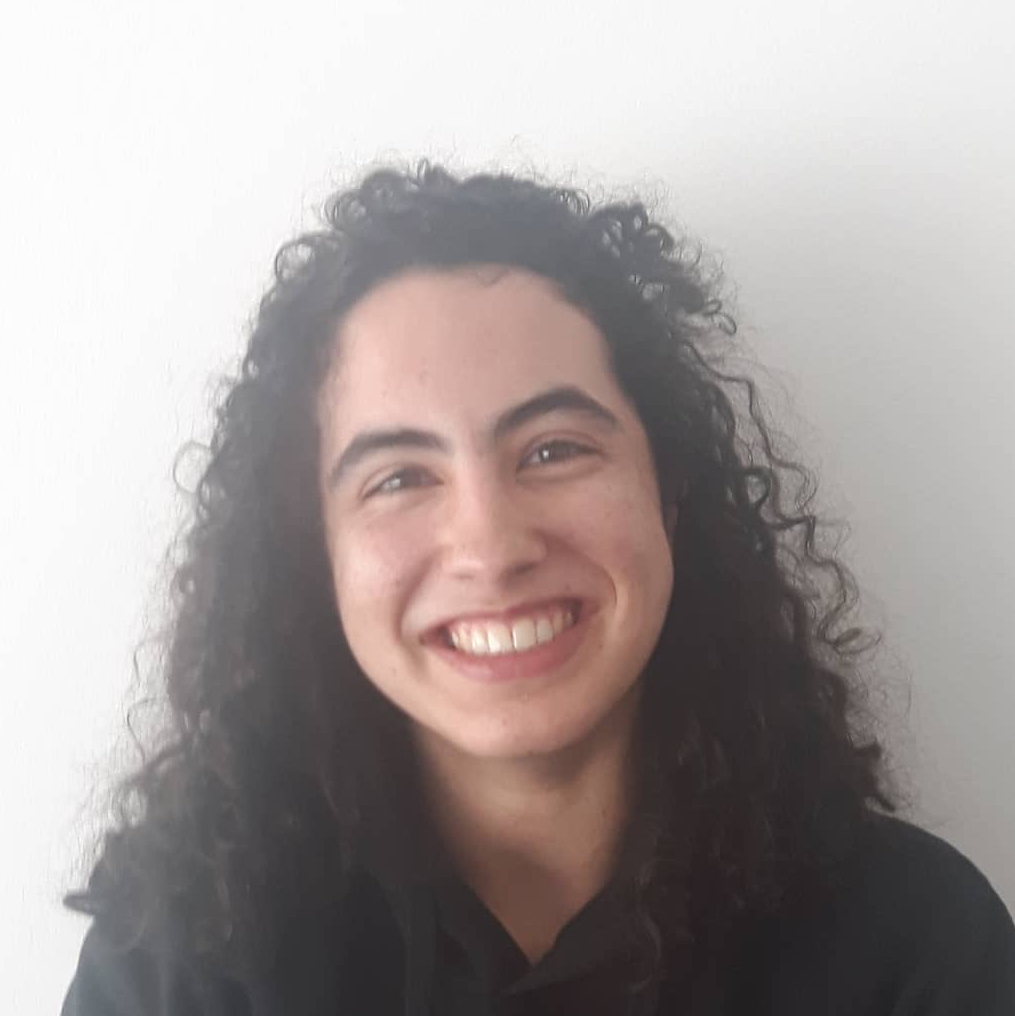
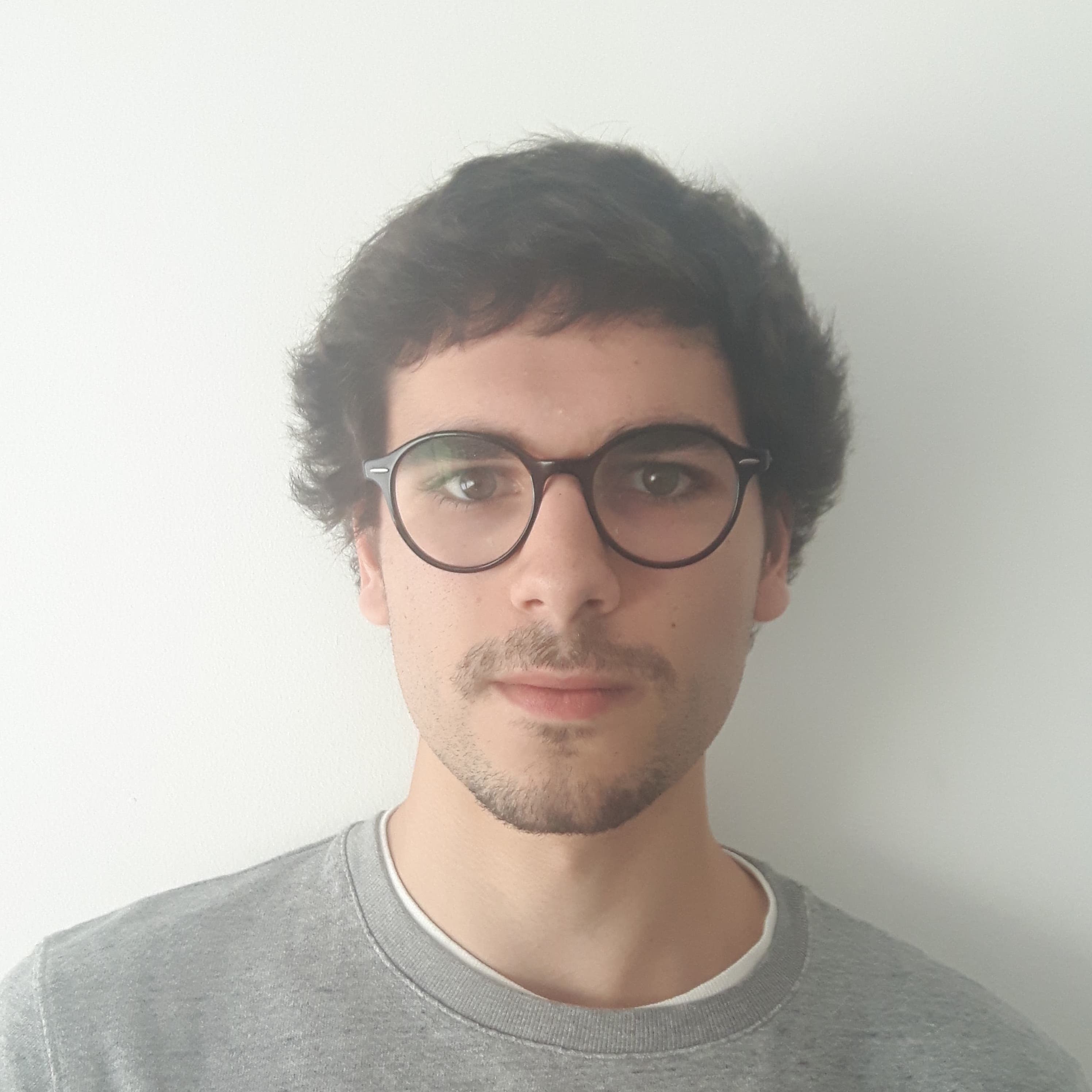
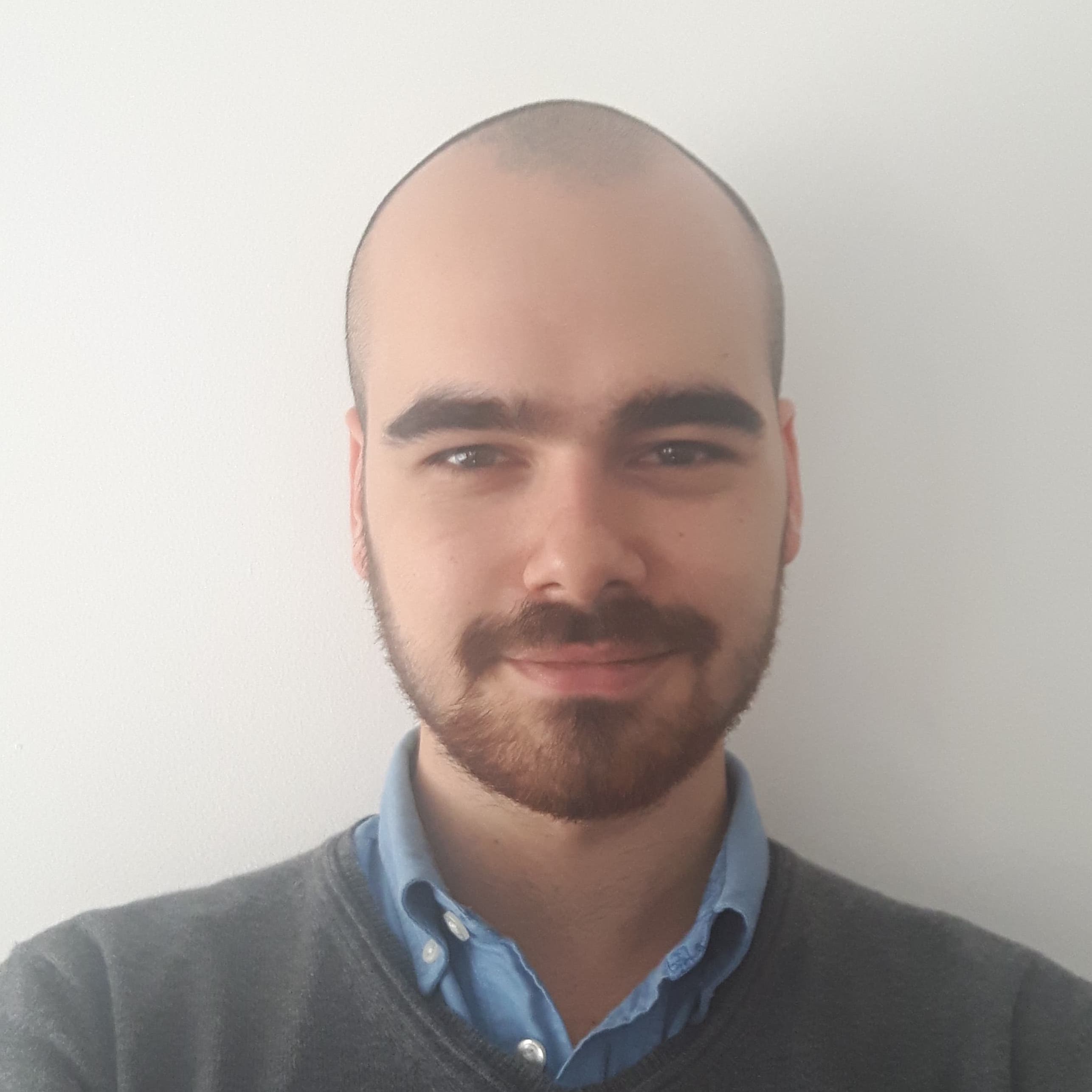
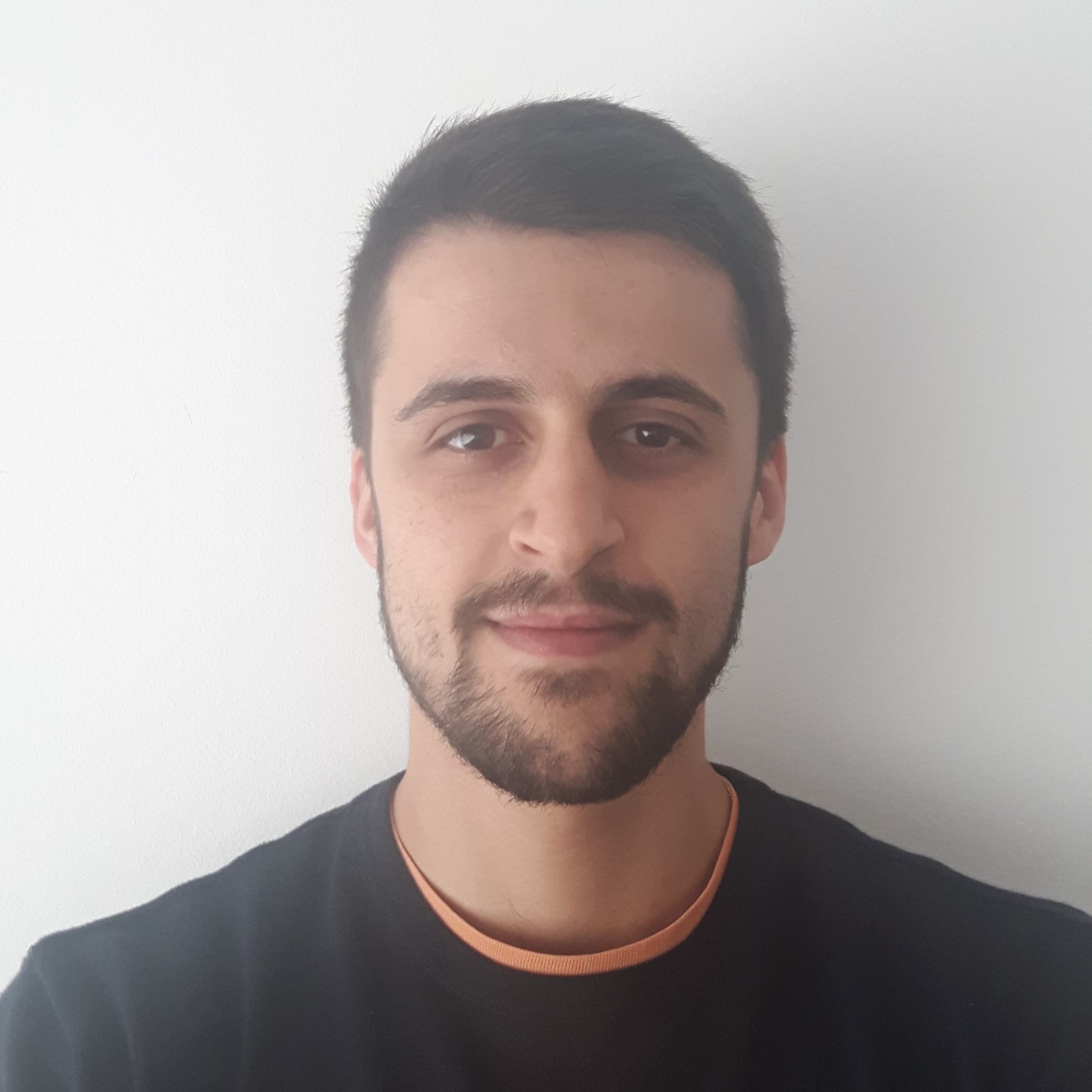
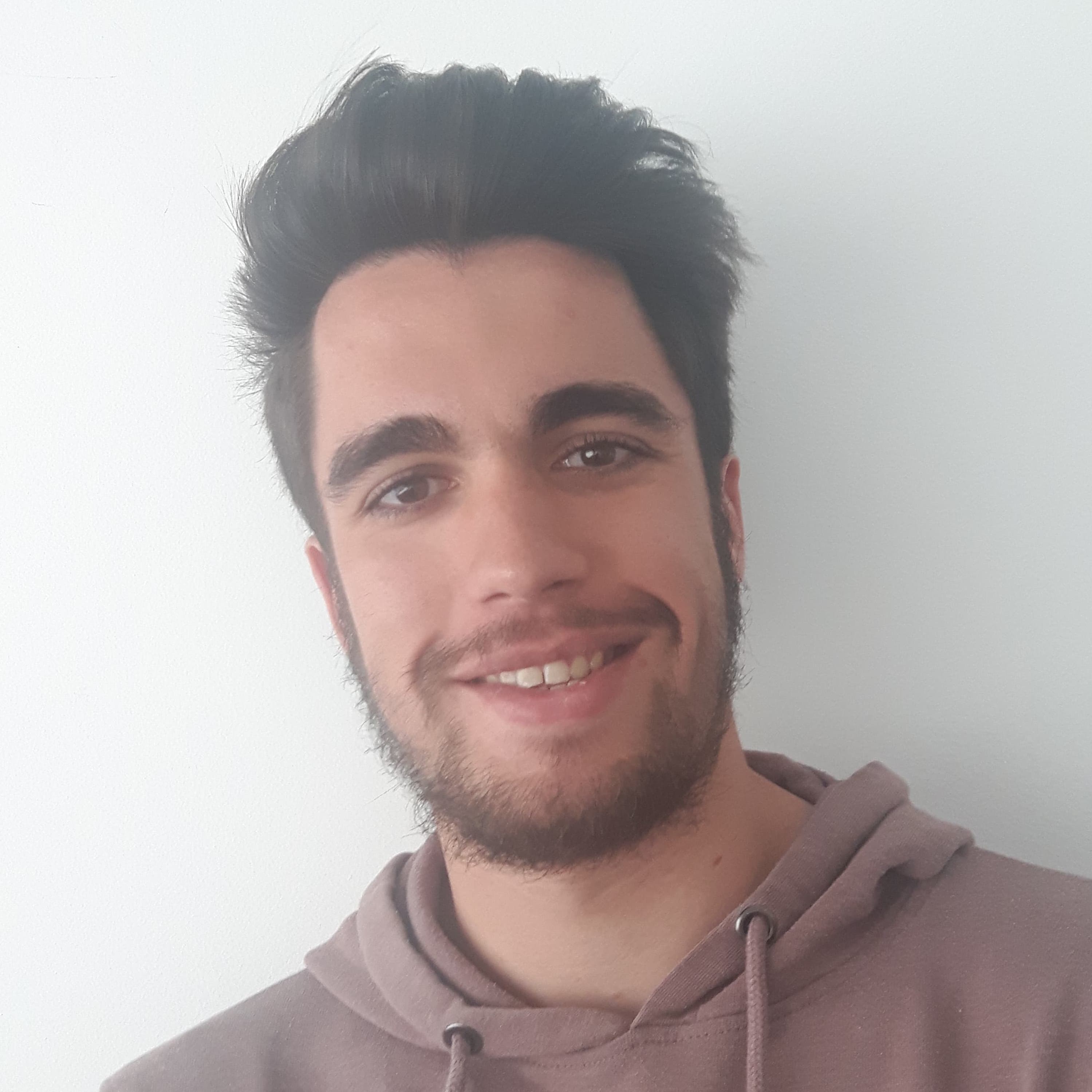
Development Log
-
Week 1
17th February 2019
The Interwater Explorers got to know each other - discussing our strenghts and possible roles to play in the future project. We also discussed and compared the available projects.
-
Week 2
24th February 2019
We were assigned the ROV project, a project which aims to build an infrastructure which connects the VideoRay Pro 4 ROV (Remotely Operated Vehicle) with ROS (Robot Operating System), and will it allow it to be controlled from laptops and mobile devices. It also features some AI capabilities, namely Computer Vision technology and some semi-anutonomous navigation! We familirized ourselves with the VP4 (VideoRay Pro 4) ROV, and surrounding technologies. We also started gathering the initial requirements.
-
Week 3
3rd March 2019
We've started to work parallely in both the ROS integration with ROV and with the Computer Vision technologies. This week, we also drafted a first version of the website, and other documentation.
-
Week 4
10th March 2019
On the fourth week, we have focused on more thourough requirements gathering and analysis. We did heavy progress on the first version of documentation, and agreed on a semi-definitive roles and tasks assignment. Finally, we tweaked to website to near deployment-ready status.
-
Week 5
17th March 2019
This week, we deployed our website and finished the first milestone's deliverables, after reviewing them with our mentors. We also planned a trip to ECOMARE to build our own dataset for use for the development of the computer vision functionality. Finally we established a timeline for these next two weeks, distributing the tasks for achieving the next (demonstration) milestone in a timely manner.
-
Week 6
24th March 2019
João, Gonçalo, António and Tiago decided to try to build software to communicate with the ROV (over the RS-485 serial port) using Python, since it had been decided it would be the language for the Computer Vision functionalities. Tiago was mainly tasked with documenting the progress, major dificulties and architecture of this part of the project. They ran into some problems generating the binary packets in accordance with the VideoRay format, and decided to switch to C, at least for the packets' creation. Sérgio was unexpected delayed with integrating the pdf documentation into the website. Finally, Beatriz continued to work in a Python version of YOLOv3, concluding more images than the already retrieved from several datasets on the internet were needed for desired level of accuracy.
-
Week 7
31st March 2019
António switched over to the website, to diminish the impact of the delay. Meanwhile, João, Gonçalo and Tiago managed to achieved communication with the ROV, despite a serious lack of documentation from VideoRay. Meanwhile, Beatriz found a massive 13 thousand label fish images dataset from Google's OpenImages, and promising first results were achieved. However, the classification part of the algorithm still needs some more work. Several possible divisions of the project as MVP/non-MVP were also discussed with the mentors.
-
Week 8
7th April 2019
With the integration of the website documentation still lagging behind, Beatriz also switched to full-time work on it. Together with António, they also prepared the presentation for wednesday, and coordinated the communication's demonstration with João and Gonçalo. A final decision on the MVP was done. Overall, we feel we are mostly on schedule, only slightly behing of the wireless part of the architecture pipeline.
-
Week 9
15th April 2019
During this week João and Gonçalo managed to correct the input mappings for the joystick which means we can make the ROV move. We are making progress with the camera using the Video Stream OpenCV ROS package that serves as an alternative to the gscam package. Beatriz finalized the CV functionality for now, focusing on guaranteing precision and robustness (only detecting a fish where there truly is a fish, even if some fish are ignored), following professor Francisco's suggestion, who is an expert in the field. António researched ways to implement the communication between C++ and Python, and implemented a first version, using permanent i/o-based communication. He however found out that sockets might prove a better option and is now investigating them.
-
Week 10
22nd April 2019
João, Gonçalo and Tiago continued their work in the communication with the ROV, and solved the 'camera problem' - clearing up the video feed encoding which was previously distorted, the unknown encoding leaving the colors somewhat haywired. António continued work on the connection between C/Python and the server. Beatriz started devoting 'full-time' work into the Android App development.
-
Week 11
29th April 2019
João and Gonçalo went to Ecomare to test and fine-tune communication with the ROV. Beatriz continued work in the Android App as well as the documentation, preparing assets for documenting the evolution up to M4 milestone. António continued work on the server, now focusing on ROS topics.
-
Week 12
5th May 2019
João, Gonçalo and Tiago worked on publishing the camera feed using ROS topics, and integrating ROS qt for the Linux UI. We prepared and delivered the 4th milestone presentation. Beatriz continued working on the Android App, António on the communication and Sérgio started the web interface.
-
Week 13
12th May 2019
All members continued the work started the previous week, with some more focus on creating documentation for the website as well.
-
Week 14
19th May 2019
We are entering the final stage of the project. All members continued and/or finished their work - António on the server, Beatriz on Android, Gonçalo and João on ROS and the Linux interface, Tiago on rosbridge, and Sérgio on the web interface - and started refinining their respective part's documentation to prepare for the open-source repository 'deployment'.
-
Week 15
26th May 2019
This week was comprised of the 5th milestone. We were able to make progress in almost all areas of the project, despite Sérgio's last minute notice that he was abandoning the project and the team. At this moment, we are missing finishing integrating the back- and front-ends, most semi-autonomous maneuvers, and the web app, which had been assigned to Sérgio.
-
Week 16
2nd June 2019
With a week away from the 6th and last milestone, we devoted ourselves to finishing the last parts of the projects. Beatriz handled the Android and Web apps, and integrated them with firebase cloud services for synchronization and online storage. The rest of the team focused on the integration between the two systems. One of the bigger problems, which João and Gonçalo managed to solve during this week, was reducing the lag between the ROV camera feed and its reception on a remote device using the internet - which they managed to bring the previously >6 seconds time into ~1 second!
-
Week 17
9th June 2019
This was the project's last week as well as its 6th milestone! Beyond the students@DETI demonstration, we polished the final code, and finished its documentation - marking the prokects end (for now!) and the open source release of its first version. This was... ExpROVer!
You can see our weekly work in the table below:
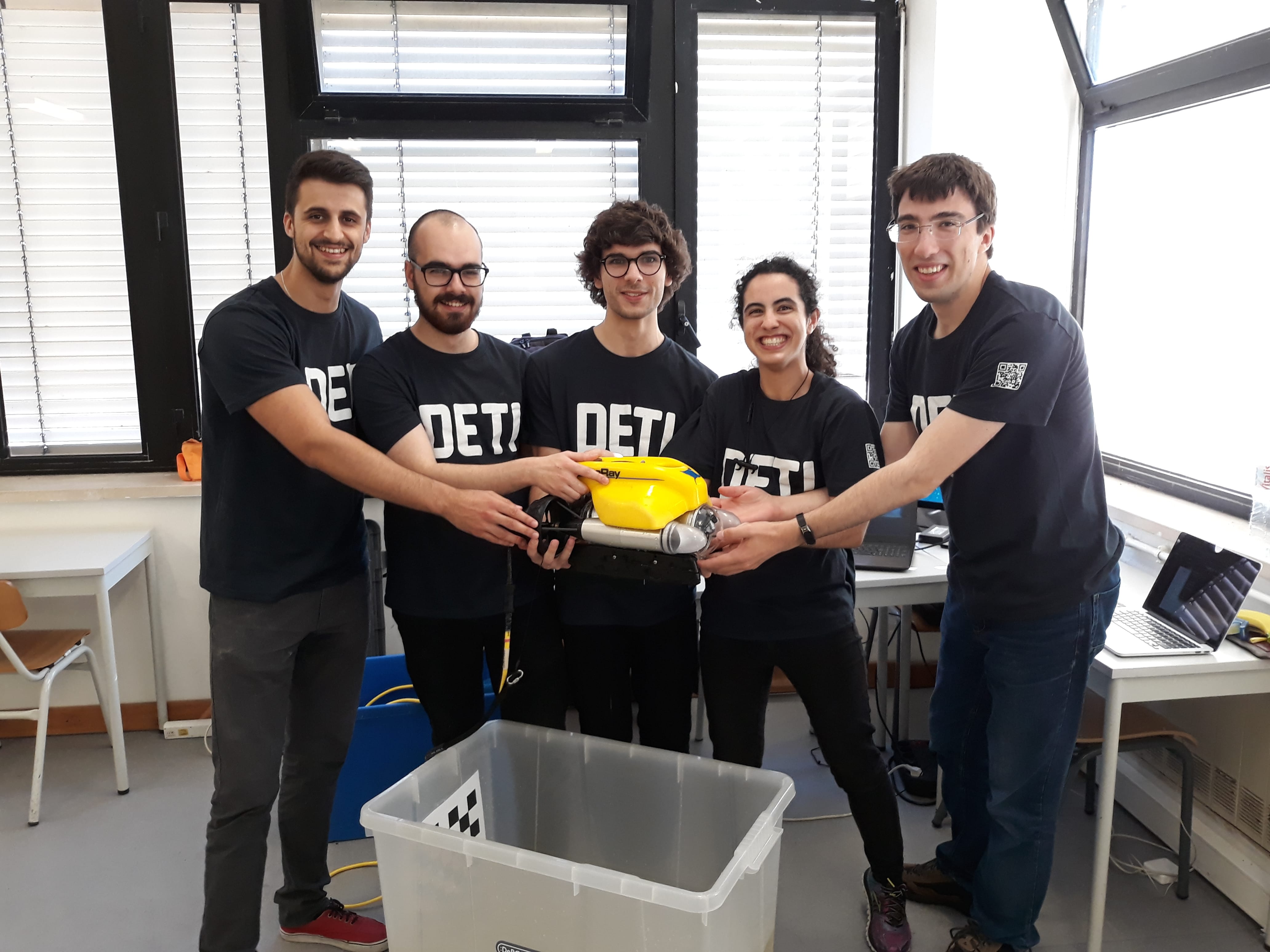 This was ExpROVer!
This was ExpROVer!